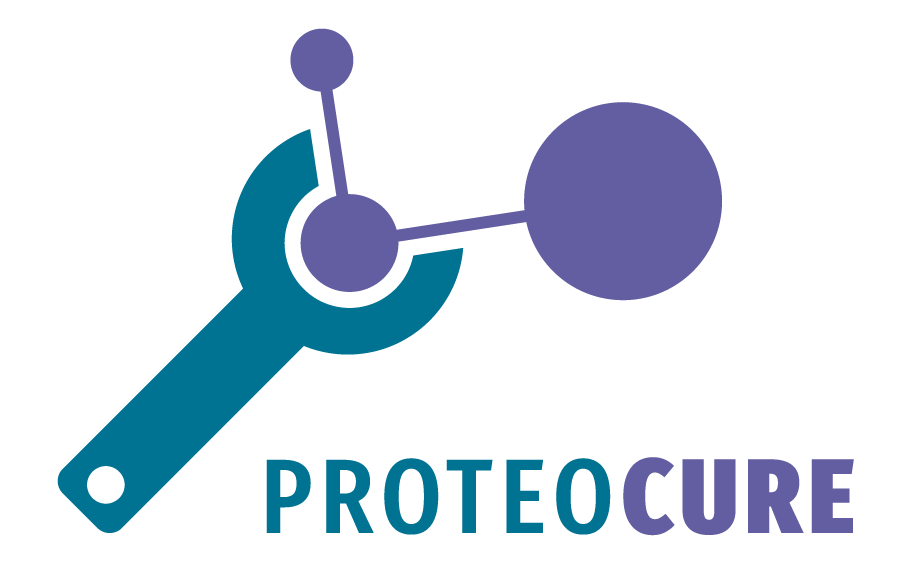Friday, April 14th 2023, at 16.00 Central European Time
Please log in to see the link
Title: Dietary (poly)phenols as potential small molecules against chronic diseases
Abstract:
Breast cancer is the most commonly diagnosed cancer in women worldwide. Overall, this disease accounts for 15% of cancer deaths among the female population. Breast cancer has multifactorial etiology, but only 10-15% of cases are hereditary. This means that the vast majority are caused by modifiable factors. Thus, it has been described that while obesity or alcohol consumption increase the risk of breast cancer, the higher consumption of phenolic-rich plant foods could be related to a possible preventive effect. Although many preclinical studies have reported numerous mechanisms of action of phenolics that would explain their protective role against breast cancer, the evidence remains still scarce and controversial in humans. The reasons that are behind this inconsistent evidence, includes: i) the low number of clinical trials that report beneficial effects of phenolics against breast cancer, ii) the big gap between preclinical and clinical research due to the assay of non-physiological conditions, and iii) the lack of studies that evaluate the bioavailability and distribution of phenolics and derived metabolites in systemic human tissues.
Considering the above, in this seminar I will present my last work showing which molecular forms and concentrations can reach malignant and normal mammary tissues of breast cancer patients after consuming a mixture of phenolic-rich plant extracts, representative of a dietary context. This knowledge could help to design mechanistic studies, illustrative of the in vivo situation, to evaluate the potential chemopreventive effect of physiologically relevant phenolic-derived metabolites using different cell models.
The in vitro assays showed that phenolic-derived metabolites occurring in malignant mammary tissue, induced cellular senescence (dependent on the p53/p21 pathway) in MCF-7 breast cancer cells (wild-type p53), but not in MDA-MB-231 cells (mutant p53), after long-term exposure. These results open new research scenarios to explore possible chemopreventive effects of other relevant phenolic-derived metabolites detected in malignant mammary tissue. These beneficial effects against breast cancer through cellular senescence induction would be plausible with chronic consumption of phenolic-containing foods.
Biosketch of María Ángeles Ávila-Gálvez, PhD
María Ángeles Ávila-Gálvez obtained her Ph.D. in Food Science and Technology at University of Murcia, Spain. She has been working as PostDoctoral researcher at NOVA Medical School, Lisbon, Portugal during last 2 years. Recently, she has moved to CEBAS-CSIC, where she defended her Thesis in 2020 in the group of Quality, Safety and Bioactivity of Plant Foods. Dr. Ávila-Gálvez is actively working on discovering new potential of the phenolic compounds as new strategies to prevent and/or delay chronic diseases. Her participation in this COST Action pretends to establish new lines of investigations with these compounds as proteasome inhibitors.

